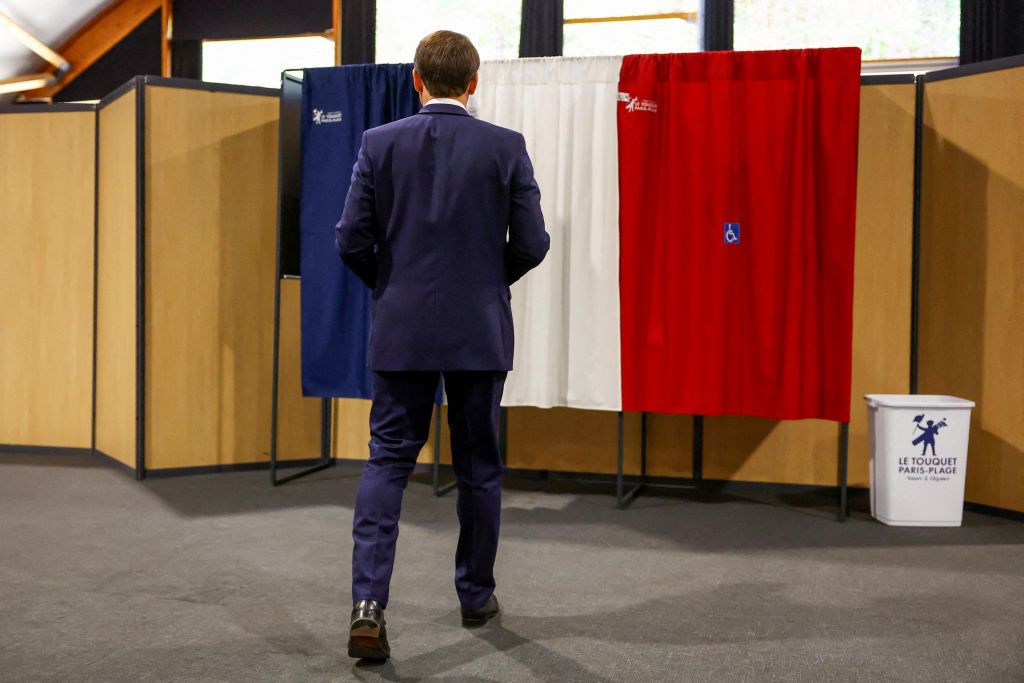French far-right leader Bardella says he backs Ukraine, but rules out sending troops or long-range weapons

Jordan Bardella, the leader of the far-right French National Rally party, said on June 19 that he would continue supporting Ukraine if elected prime minister, but ruled out sending French troops or supplying the country with long-range weapons.
Following a bruising defeat in the elections for the European Parliament earlier in June, French President Emmanuel Macron called for snap elections to be held on June 30 and July 7.
National Rally is ahead in current polls, and Bardella could be the next prime minister if the party is able to form a governing coalition. Macron would nonetheless remain president and retain control of most of France's foreign policy decisions.
"My position has not changed, and that is to support Ukraine by providing defense equipment, ammunition, operational logistical support, and defensive weaponry to enable Ukraine to protect itself to hold the front," Bardella told reporters at the Eurosatory arms show outside of Paris.
"I don't plan to send, especially, long-range missiles or other weapons that will allow Ukraine to strike the Russian territory," Bardella added.
France has sent Ukraine long-range SCALP missiles, which can hit targets up to 250 (155 miles) kilometers away. SCALP missiles have been put to use to hit valuable Russian military targets in occupied Crimea.
After months of discussion, Macron said earlier in June that France was finalizing a coalition of countries to send military instructors to Ukraine.
Bardella's election may complicate that plan, as he said he is "opposed to sending French troops and soldiers to Ukraine" and characterized it as a "red line."
At the same time, Bardella walked back some of the National Rally's previous foreign policy positions, including some controversial proposals that suggested a rapprochement with Russia.
"I don't intend to weaken France's voice and commitment on the international stage, and I'll be extremely respectful of that," he said.
Bardella also reiterated that he condemned Russia's "violation of Ukraine's territorial integrity" but cautioned that he wanted to "avoid any risk of escalation with Russia because Russia is a nuclear power, and I am committed to the return of peace and political stability in this region."














